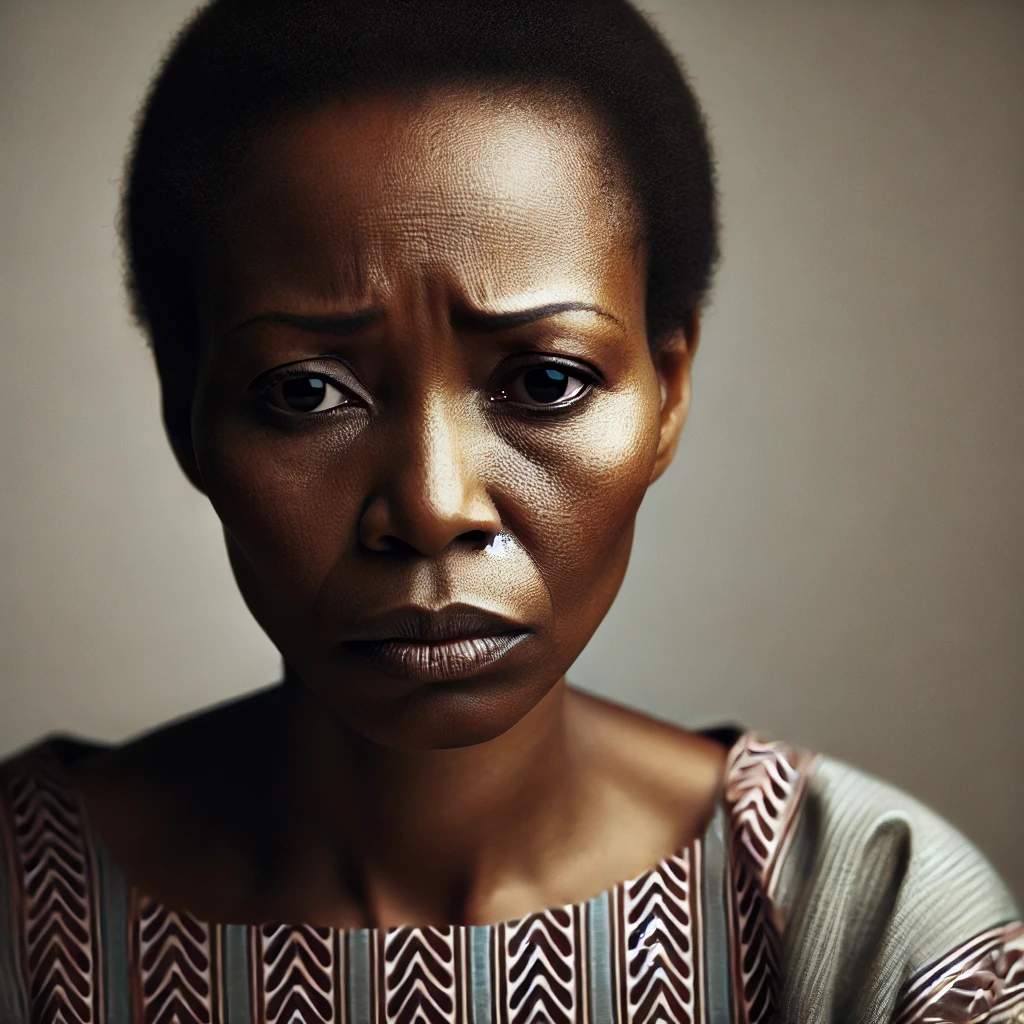In Nigeria, many women struggle to make their own health decisions because of cultural and religious beliefs that put men in charge. In most homes, husbands decide whether their wives can go to the hospital, leading to delays that cause serious health problems and even death. This issue is common across different communities, making it harder for women to access care when they need it.
A study by the Nigerian Demographic and Health Survey in 2018 found that over 70 percent of women had to get their husband’s permission before seeking healthcare. This situation affects family planning, pregnancy care, and emergency treatments. Many women who need urgent medical attention face delays because their husbands are not around to give consent. This has led to high maternal deaths, with Nigeria accounting for almost 20 percent of such deaths worldwide.
Religious teachings also shape how women access healthcare. In some Islamic communities, Sharia law gives husbands authority over their wives, affecting women’s health choices. Many Christian communities also uphold traditional beliefs that prevent women from deciding for themselves. These restrictions mean that many women suffer from preventable health problems, including pregnancy complications and unsafe abortions.
One major challenge is family planning. Many women who want to use contraceptives must get their husband’s approval. This leads to unwanted pregnancies, unsafe abortions, and more health risks. According to the Guttmacher Institute, about 1.25 million abortions happen in Nigeria every year, with many carried out in unsafe conditions.
The government and NGOs must take action to stop this trend. Community education is important in changing how men and women see health decisions. Men need to understand why allowing their wives to seek healthcare freely is important. Programs should also teach women about their rights so they can make informed choices.
Strong policies are needed to protect women’s rights to healthcare. Laws should make sure no woman is denied treatment because she does not have her husband’s permission. More hospitals and clinics should be built, especially in rural areas, to reduce delays in getting treatment. Mobile clinics and telemedicine can also help reach women in remote areas.
Religious and community leaders play an important role in changing attitudes. They need to encourage teachings that support women’s health and well-being. If they speak up, more people will listen, and harmful beliefs can begin to change.
Women also need strong support systems. Setting up helplines, community health groups, and legal services can help women get the care they need without fear. Some NGOs, like the International Federation of Women Lawyers (FIDA), are already providing legal support for women affected by these challenges.
Government programs like Saving Mothers, Giving Life have helped reduce maternal deaths, but more work needs to be done. Health policies must be backed by action, including more funding and better-trained health workers. Without real commitment, many women will continue to suffer.
Pascaline Edim, a women’s health advocate, says the government must move from talk to action. “Women should not have to beg for healthcare. We need strong policies, funding, and trained workers to ensure no woman suffers because of delays.”
The struggle for women’s health rights in Nigeria is not easy, but change is possible. When women are given the freedom to make health decisions, they live healthier lives, and their families and communities benefit. It is time to make sure no woman is denied care simply because she cannot get permission.

